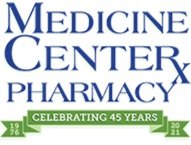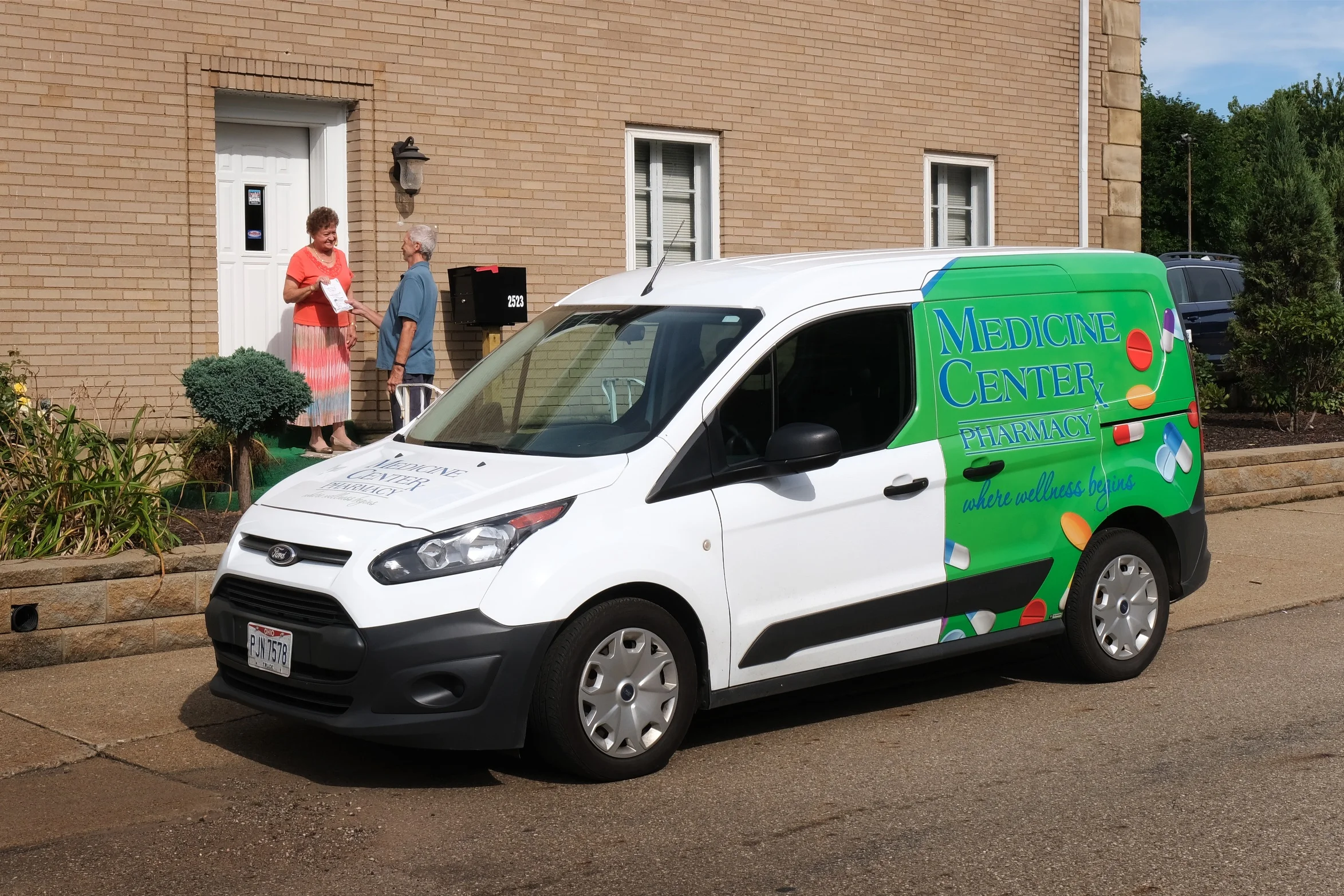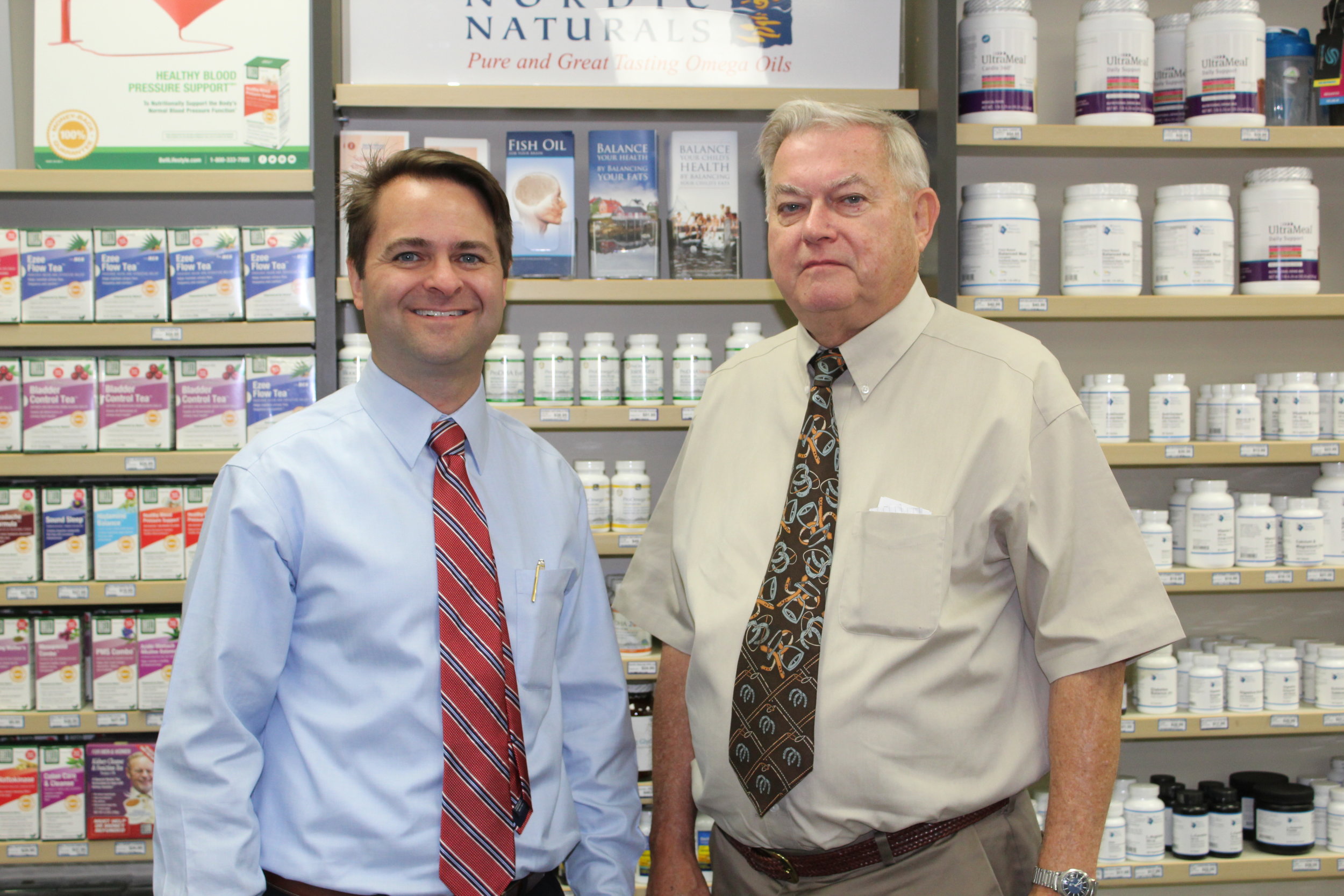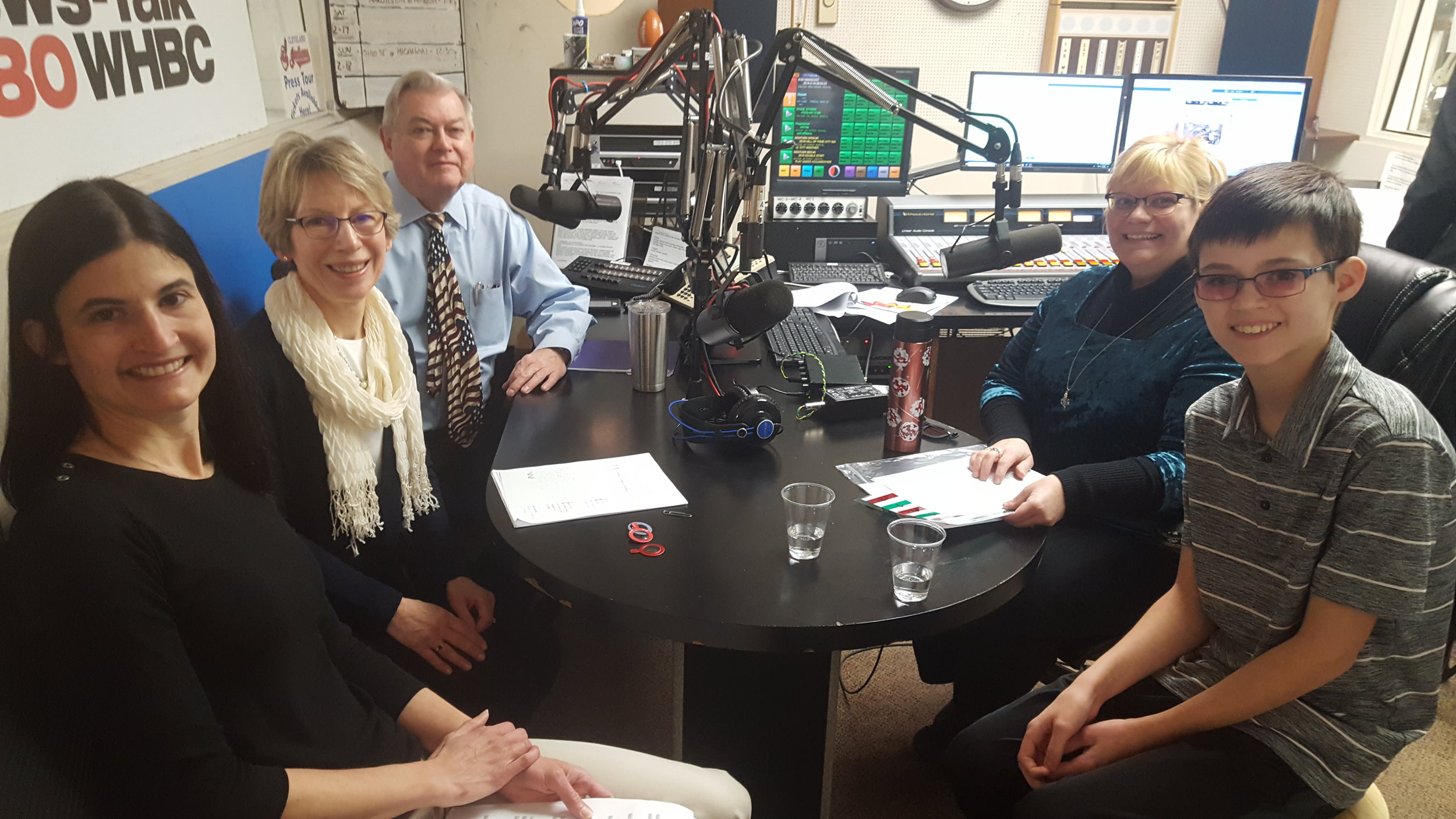Americans on average do not live as long as people in other high-income countries like France, Britain and Japan. But with modern medicine and health options available in the U. S., life expectancy should be much longer. With simple lifestyle changes, we can extend our lifespan by more than a decade. In this segment of Health Matters you'll hear about practical steps you can take for healthy living and learn a few tips on how to save money at the pharmacy.
Health Matters show hosts Brad and Paul White.






















